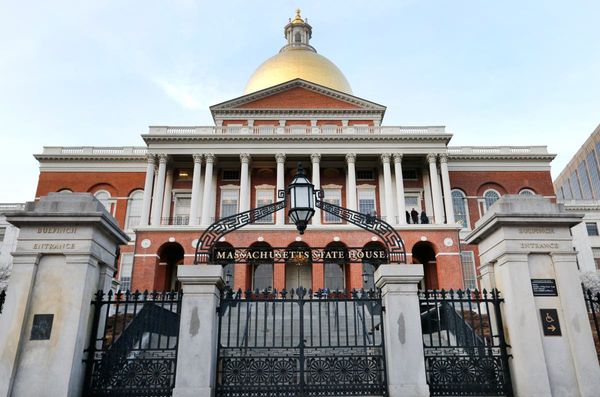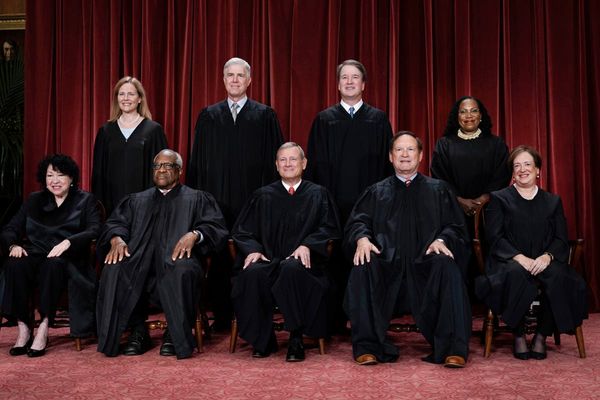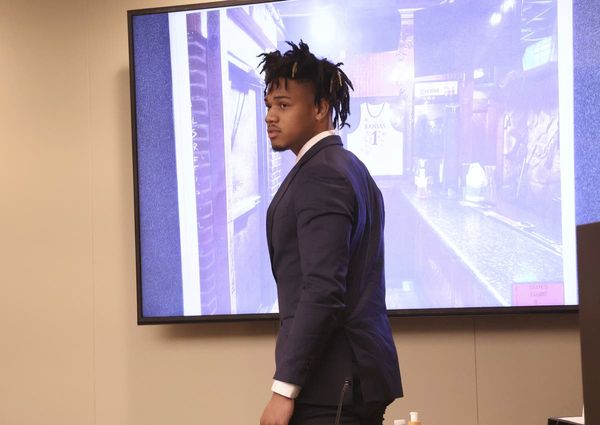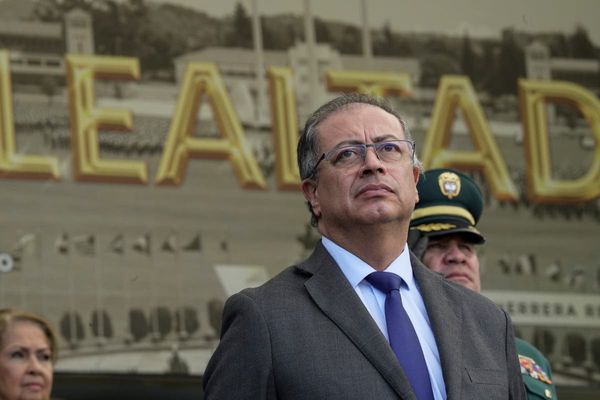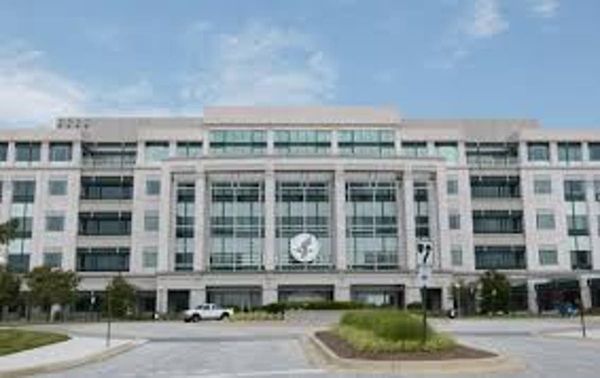
Bristol’s Labour mayor has suffered a blow after the city voted to end the role. Marvin Rees, the first person of black African heritage to become a directly elected mayor in a major European city, will serve out his current term, after which Bristol will return to a committee system.
Opposition politicians, who argued that the role invested too much power in one person, hailed the result of the referendum on the mayoral role as a chance to reset democracy in the city.
However, Rees said he believed the committee was a “very poor system” that would not tackle critical issues as effectively as a prominent, visible leader.
He said: “I hope I am wrong, because certainly the city faces challenges and the city needs a leadership that can lead it in the face of the challenges and opportunities.”
During the campaign, he said issues ranging from the response to the pandemic to the toppling of the statue of the slave trader Edward Colston benefited from the clear type of leadership that the role of a directly elected mayor enabled.
Rees, who was re-elected in May last year and had already said he would not run for a third time, denied the vote was a judgment on his time in office and said the referendum had been a “distraction” from more important issues, such as the cost of living crisis.
The referendum was held after Liberal Democrat councillors proposed a motion for the vote, seconded by the Greens, with 59% of people voting for the role to be scrapped, and a turnout of 29%.
The councillor Heather Mack, the leader of the Green group, said it marked “a new chapter in the way our city is run”.
“For many years now, important decisions affecting the city have been made behind closed doors by just one person whom the public and elected councillors cannot easily challenge,” she said. “We look forward to a fairer, more open way of doing business where decisions are made collaboratively.”
At last year’s council elections, the Greens became the joint biggest party in Bristol with Labour, and the party hoped Rees would share power. However, to their anger and frustration, the Greens were given no seats in Rees’s cabinet.
Rees will serve out his term until 2024, at which point all councillors will be up for re-election. It seems unlikely that any party will win an overall majority, opening up the possibility of a coalition, possibly between Labour and the Greens.
While Rees is seen by many, nationally and internationally, as an impressive figure, he also has detractors in Bristol, with some annoyed at his style of management. There has been anger over plans for a new arena, resident parking zones and the MetroBus transport scheme, though Rees inherited the first two projects.
Jos Clark, the leader of the Lib Dem council group, said she hoped for “more collaboration” under a “fairer system”. Mark Weston, the leader of the Conservative group, said: “The mayoral model has proven a disaster for Bristol – too much power at the whim of one individual.”
The mayoral post was created in 2012, with the independent candidate George Ferguson becoming the first to occupy the role. Rees beat Ferguson in 2016.
